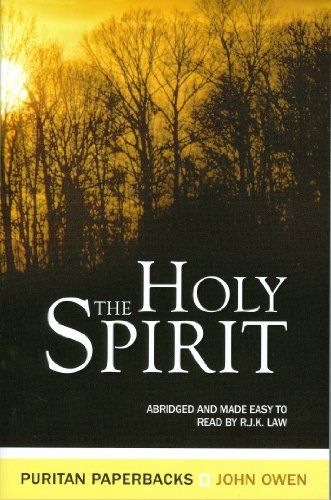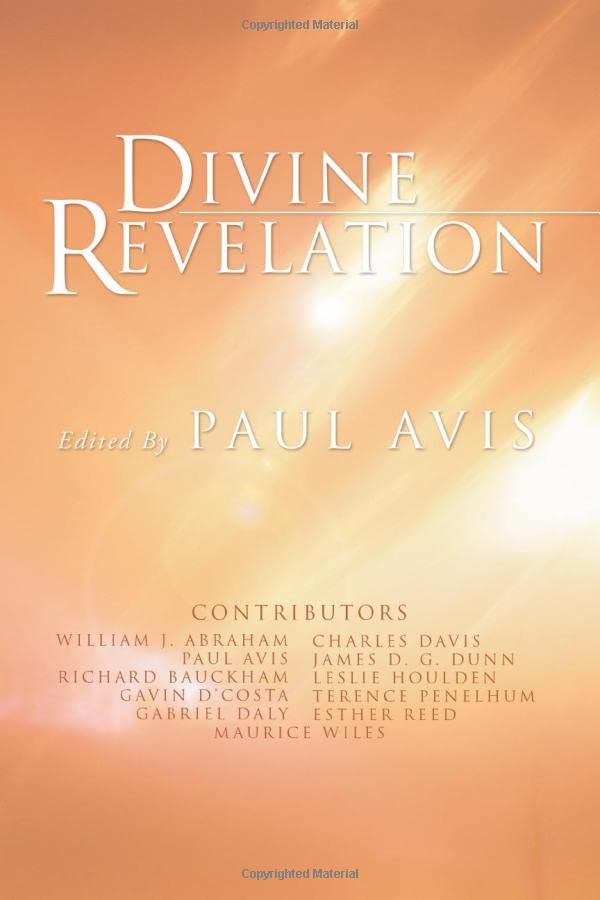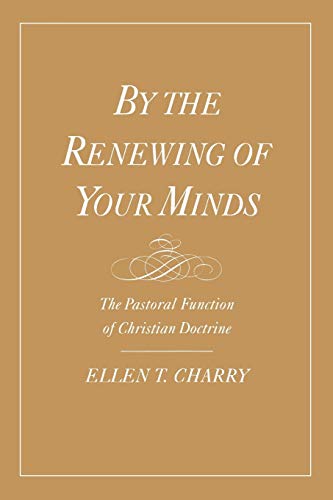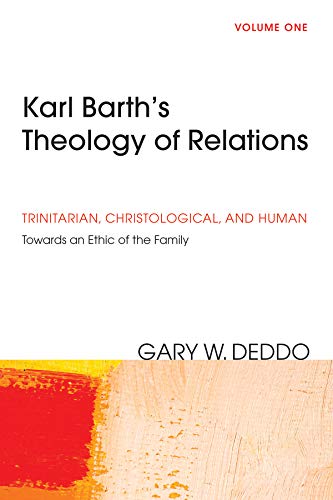God in the Fray: A Tribute to Walter Brueggemann
Written by Tod Linafelt and Timothy K. Beal (eds) Reviewed By David L. BakerThis attractive volume contains a collection of twenty essays in honour of Walter Brueggemann’s sixty-fifty birthday, plus ‘A Prompt Retrospect’ on the theology of the Old Testament written by Brueggemann himself and a twenty-page bibliography of his writings. The first section of the book is entitled ‘Engaging Brueggemann’s Theology’, in particular concerning his understanding of God (Gottwald, Fretheim, Blumenthal). Then follow five essays on ‘God in the Torah’ [Barr, Lee, Crenshaw, Patrick, Moberly), six on ‘God in the Prophets’ (Gunn, Clements, Terrien, O’Connor, Rendtorff, Trible) and six on ‘God in the Writings’ (Miller, Westermann, Clines, Balentine, Linafelt, Beal).
Many of the essays engage with two programmatic articles on ‘A Shape for Old Testament Theology’ published by Brueggemann in 1985 and there are frequent references to other Brueggemann works, including his Theology of the Old Testament (1997) which turned his 1985 programme into a magnum opus(reviewed in Themelios 25.1: pp. 89–90). The themes of those two articles—‘structure legitimation’ and ‘embrace of pain’—recur throughout the book, almost like a refrain, as the theologians gathered for this celebration of post-modern OT theology present their contributions. The second theme is particularly prominent, with treatments of human laments and divine tears, and reflections on suffering as diverse as the Holocaust, the dispossession of Maoris in New Zealand and genocide in former Yugoslavia.
Few readers will agree with all that is written here, and some will disagree with much of it. Most of the authors assume a post-modern approach to the Bible and effectively discount other more traditional approaches. However it is provocative writing, and all who want to reflect more deeply on the meaning of the OT at the turn of the millennium will find ample food for thought. I used some of the essays in a postgraduate OT seminar during the past semester where they provoked a lively discussion. Although two or three essays are rather disappointing, there are many that will repay careful study.
To close, here are a few quotations to give something of the flavour of the work.
Thinking the unthinkable, saying the unsayable, and praying the un-prayable had a curious effect on me. It strengthened my faith. Truth really is the seal of God and living this truth was good—for God, for the Jewish people, for the covenant, and for me. (Blumenthal)
As an exercise in hermeneutical complications, the whole matter is of great interest. (Barr)
Pharaoh’s daughter … must cross dangerous social and ethnic boundaries to help, regardless of her father’s pervasive policy. Her radical action cannot be overstressed. (Lee)
Putting the Bible in the hands of the Maori, argued many settlers, was a dangerous thing. These ‘savages’ could not be trusted to read it the right way … The Bible was a subversive document. (Gunn)
There is … an openness on God’s part, an expectation that the intercession will have an impact, an invitation to shape the future. Such praying may seem audacious … But that seems to be just what the deity expects of the prophetic intercessors, that they will really make the case that appeals to the heart of God and effects a merciful response. (Miller)
The suffering of the poor is a human problem, created by humans and soluble, if it is soluble at all, by humans. To collapse the social problem into a theological one, to make it God’s problem, is … an abdication of responsibility. (Clines)
David L. Baker
is the Deputy Warden and a Research Fellow at Tyndale House, Cambridge.







